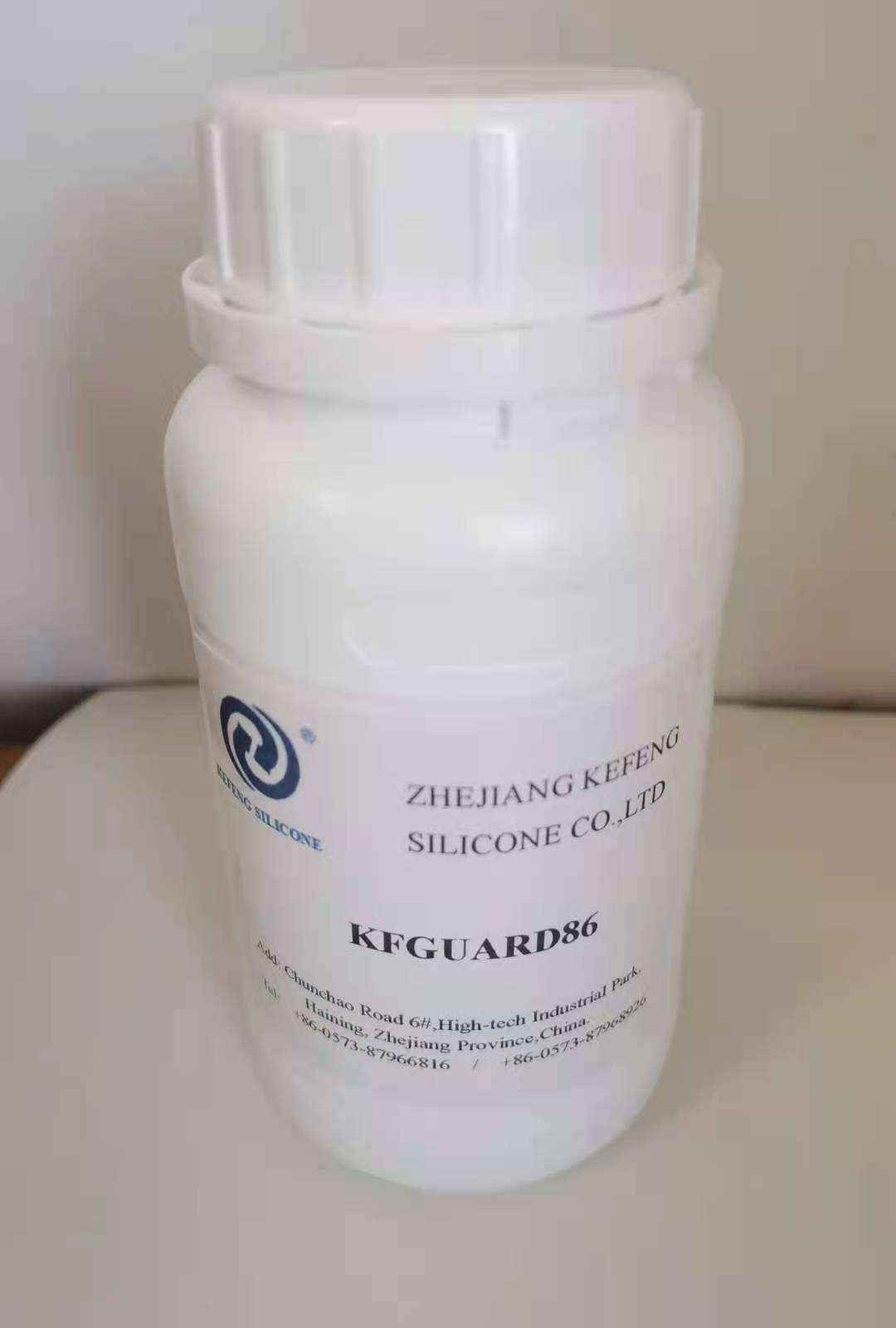

Views: 1 Author: Site Editor Publish Time: 2024-11-07 Origin: Site

In the dynamic world of textile manufacturing, the demand for versatile, high-performance fabrics is constantly evolving. To meet these demands, manufacturers rely on innovative treatments and additives that enhance fabric properties without compromising quality. Among these, all-purpose silicone softeners have emerged as a game-changer, offering a wide range of benefits across diverse textile applications.
The Versatility of Silicone Softeners
All-purpose silicone softeners are designed to impart a soft, smooth hand feel to fabrics while improving their overall performance. These silicone-based formulations are highly effective in reducing friction, enhancing drape, and providing a luxurious touch to a variety of textile substrates. From natural fibers like cotton and wool to synthetic materials such as polyester and nylon, silicone softeners offer consistent performance across different fabric types.
One of the key advantages of silicone softeners is their ability to enhance fabric durability. By creating a protective layer on the fiber surface, these additives shield fabrics from wear and tear, prolonging their lifespan and maintaining their appearance over time. This makes them ideal for applications where durability and long-lasting aesthetics are crucial, such as in automotive interiors, upholstery, and high-end apparel.
Improving Textile Performance
Beyond their softening properties, all-purpose silicone softeners contribute significantly to fabric performance in several key areas. They enhance fabric water repellency, making them more resistant to stains and spills, which is particularly beneficial in outdoor clothing and home furnishings. Additionally, silicone softeners improve fabric breathability, allowing better air circulation, which is essential for athletic wear and bed linens.
The flexibility and resilience imparted by silicone softeners also make fabrics more resilient to wrinkles and creases. This makes them easier to care for and maintain, reducing the need for ironing and extending the time between washings. This is a significant advantage in industries such as hospitality and uniform manufacturing, where frequent washing and pressing can be costly and time-consuming.
Environmental Considerations
In today's eco-conscious world, the environmental impact of textile treatments is increasingly under scrutiny. All-purpose silicone softeners are formulated to be low in volatile organic compounds (VOCs) and biodegradable, minimizing their environmental footprint. Manufacturers are increasingly adopting silicone softeners that meet stringent eco-certification standards, ensuring that their products are not only effective but also sustainable.
Applications Across Industries
The versatility of all-purpose silicone softeners makes them indispensable in a wide range of industries. In apparel manufacturing, they enhance the comfort and wearability of garments, making them softer and more pleasant to touch. In the automotive sector, silicone-treated fabrics offer enhanced durability and a premium feel, enhancing the overall interior ambiance of vehicles. In the home furnishing industry, silicone softeners improve the look and feel of curtains, carpets, and upholstery, creating a more inviting living space.
In summary, all-purpose silicone softeners are a powerful tool in the textile manufacturer's arsenal, enabling the creation of high-performance fabrics tailored to diverse applications. Their ability to enhance fabric softness, durability, water repellency, and breathability, combined with their environmental sustainability, make them an essential ingredient in modern textile production. As the textile industry continues to evolve, silicone softeners will play a pivotal role in driving innovation and meeting the ever-changing demands of consumers.
